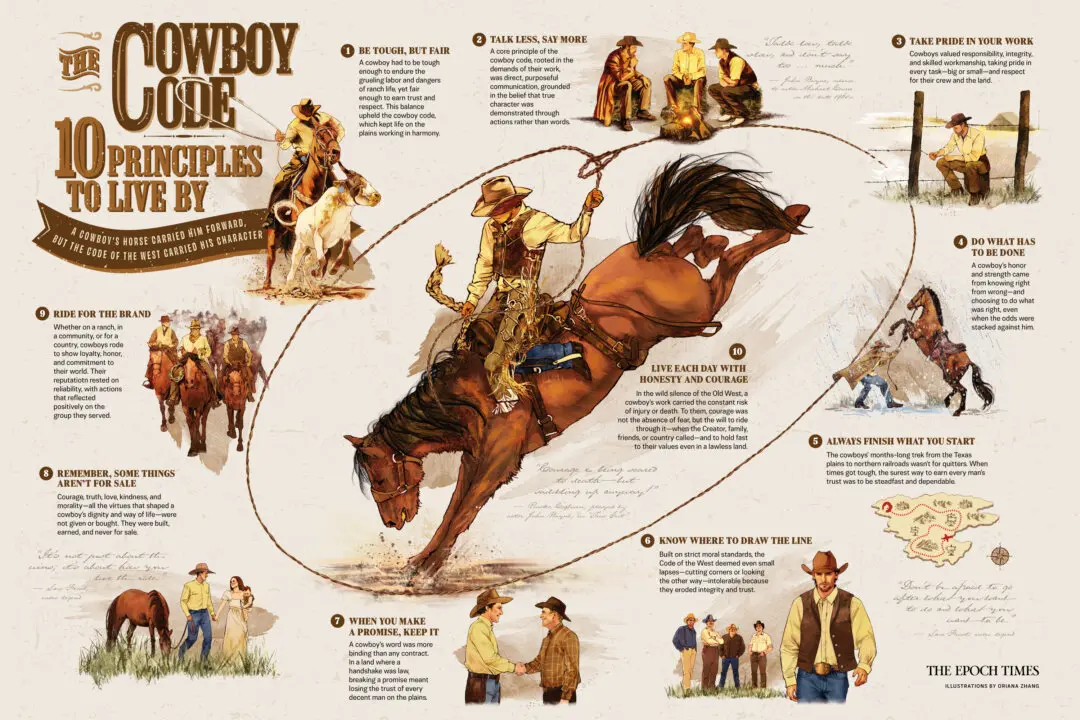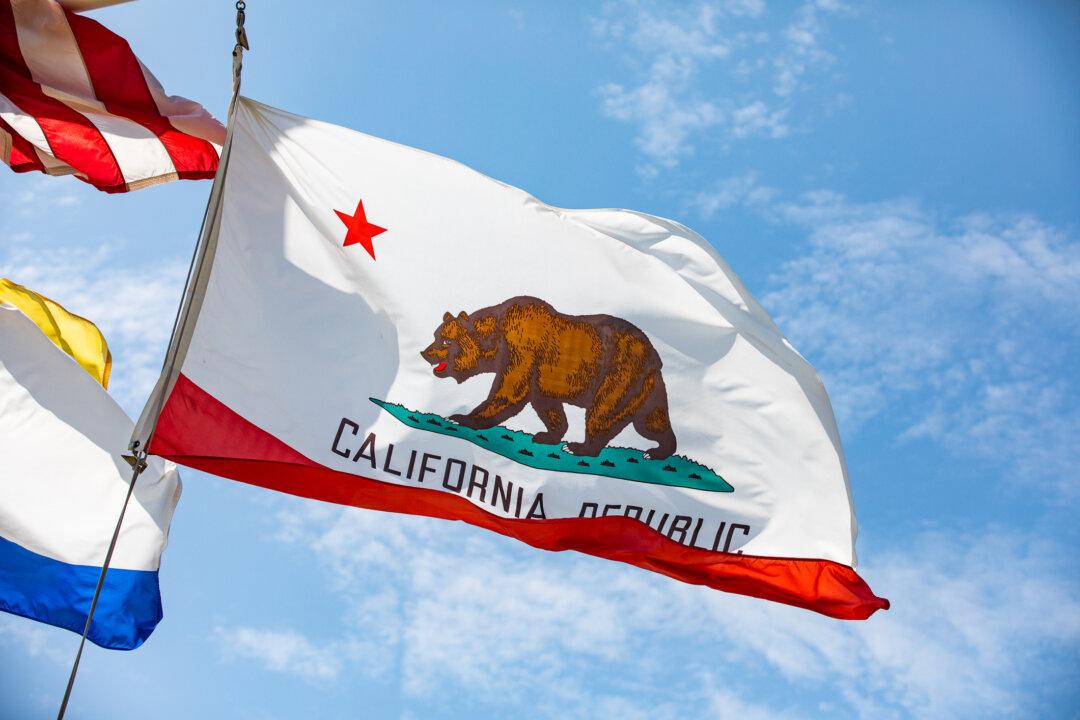As the ocean breeze passes through tidy streets, groups of the well-dressed wait for a tram to take them across the city. This was San Francisco in the 1950s shown in The Epoch Times’s new documentary “California’s Crime Wave.”
Fast forward and such a view seems to have left the once beautiful city as trash and broken shop glass, from so many break-ins, now abound.





